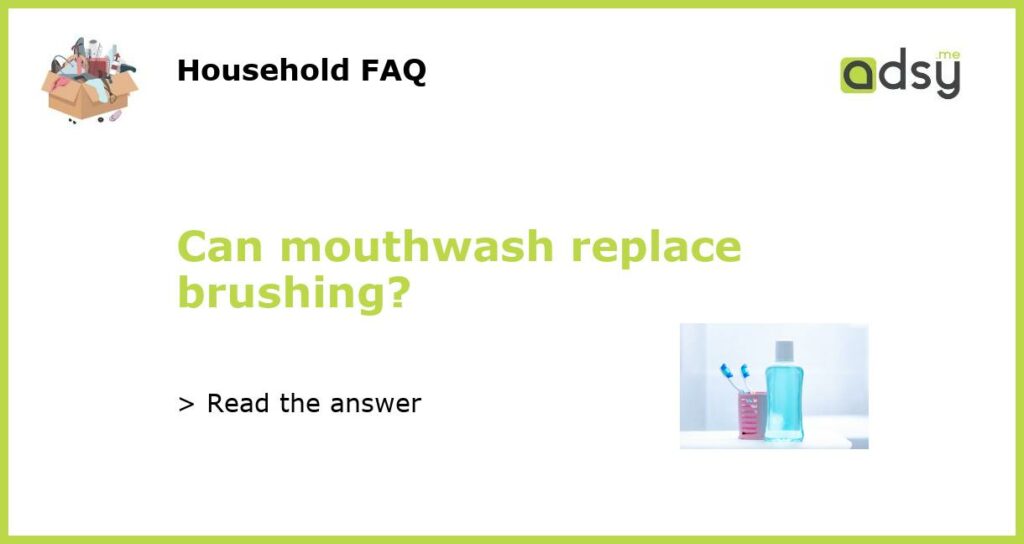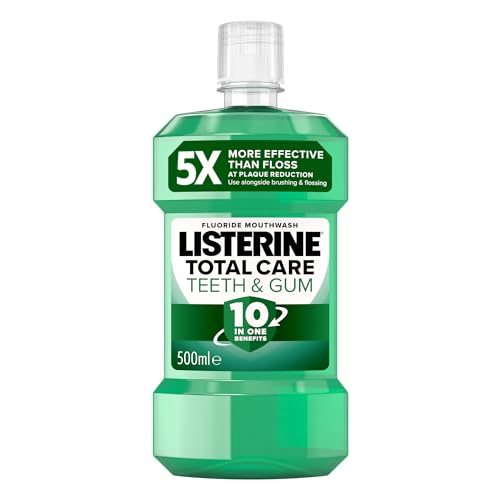Can Mouthwash Replace Brushing?
While it may seem like a quick and easy solution for fresh breath, mouthwash cannot replace the importance of brushing your teeth. In fact, using mouthwash as a substitute for brushing can lead to serious dental problems down the line.
How Does Mouthwash Work?
Mouthwash is designed to freshen breath and kill bacteria in the mouth, but it is not effective at removing plaque and food particles from teeth. While it may temporarily mask bad breath, it is not a substitute for thorough brushing and flossing.
The Importance of Brushing
Brushing twice a day is crucial for maintaining oral health. In addition to removing plaque and preventing tooth decay, brushing can also improve gum health and prevent gum disease. Skipping brushing in favor of mouthwash can lead to a buildup of plaque and bacteria, which can ultimately result in tooth decay, gum disease, and bad breath.
When to Use Mouthwash
While it should never be used as a substitute for brushing, mouthwash can be a valuable addition to your oral hygiene routine. Using mouthwash after brushing and flossing can help kill remaining bacteria in the mouth and freshen breath. It is important to choose a mouthwash that is alcohol-free and contains fluoride, as alcohol can actually dry out the mouth and make bad breath worse.
The Bottom Line
Mouthwash is a helpful tool in maintaining good oral hygiene, but it cannot replace the importance of brushing and flossing. Regular brushing and flossing, along with visits to the dentist, are essential for optimal oral health. So next time you reach for the mouthwash, remember to also reach for your toothbrush.






